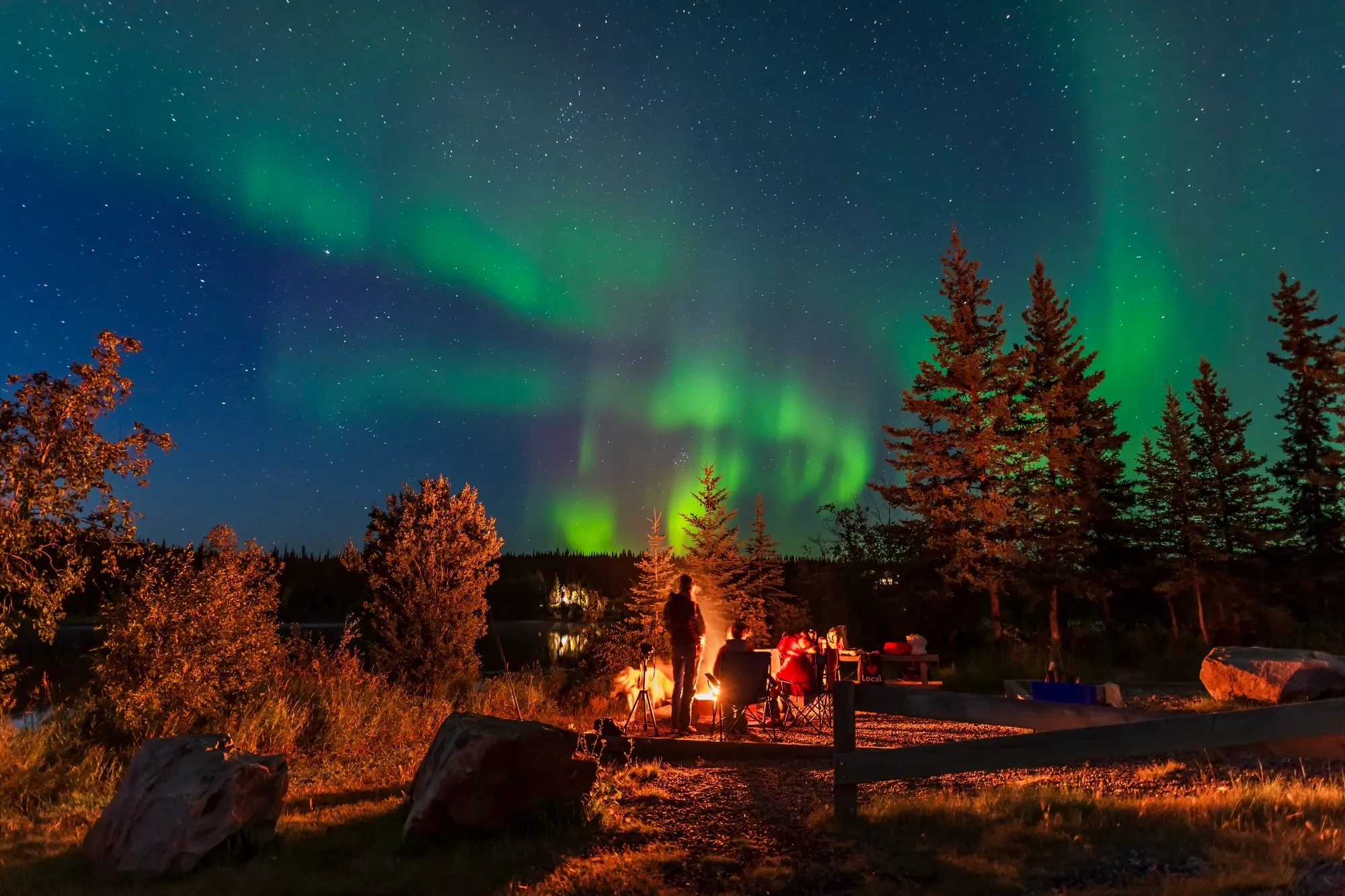Noctourism & Natural Phenomena: Why Travelers Are Looking to the Night Sky : The Truth About Cruising in 2024
In a world where travelers constantly seek the extraordinary, Noctourism has emerged as a captivating new frontier. It blends travel with celestial spectacle, inviting people to build entire itineraries around experiences that happen only after the sun sets. Whether it’s a moonbow over a waterfall, the glow of bioluminescent bays, or a total solar eclipse—these fleeting, awe-inspiring moments are drawing travelers far and wide.
What Is Noctourism?
At its core, Noctourism is tourism centered around nighttime experiences—especially natural phenomena that occur in darkness or are best viewed under the stars. This can include stargazing in remote deserts, chasing the Northern Lights, witnessing eclipses, or swimming in bioluminescent waters.
Unlike nightlife tourism (think clubs, dining, or late-night shows), noctourism is more aligned with nature, science, and serenity. It taps into something deeper—the thrill of witnessing a once-in-a-lifetime moment that can’t be scheduled or streamed.
Is This Real? Absolutely. And People Are Planning Around It.
Just last week, I sat next to a woman on a flight who, without any prompting, shared that she and her husband plan their vacations around eclipse schedules. They’ve traveled across the globe—Chile, Oregon, and next up, Spain—for the chance to stand in the path of totality. To her, these cosmic events are more than science; they’re deeply spiritual, unforgettable experiences worth crossing oceans for.
This kind of passion isn’t rare. A growing number of travelers are letting celestial calendars guide their trip planning. Eclipses, meteor showers, and aurora borealis forecasts are quickly becoming key travel triggers, not afterthoughts.
Where and When Will It Happen Next?
If you’re intrigued, there are several major nocturnal and celestial events coming up that are worth marking on the calendar:
- Aurora Borealis (Northern Lights): Best viewed in the Arctic regions from September to March. 2025 is projected to be a peak year in the solar cycle, meaning stronger and more frequent auroral activity—perfect for Iceland, Finland, or Canada’s Yukon.
- Total Solar Eclipse: After the North American eclipse in April 2024, the next major one will cross Spain and North Africa on August 12, 2026, with another visible from parts of the U.S. in August 2044. These events already have specialty cruises, small-group tours, and astronomy-based packages forming.
- Perseid Meteor Shower: Typically peaks around August 11–13. Best viewed from dark sky reserves like Big Bend National Park (Texas) or NamibRand Nature Reserve (Namibia).
- Bioluminescent Bays: Glowing waters caused by microorganisms lighting up when disturbed—best viewed on moonless nights in places like Mosquito Bay (Puerto Rico) or Laguna Grande (Vieques).
- Lunar Rainbows (Moonbows): Rare rainbows created by moonlight, best seen at Cumberland Falls in Kentucky or Victoria Falls under the right conditions.
Why Are These Such Good Tourist Attractions?
There are several reasons why natural night-based events are pulling in adventurous travelers:
- Rarity & Exclusivity: These events don’t happen every day, or everywhere. Planning a trip around one makes it feel special and exclusive.
- Emotional Impact: Few things rival the silence of a crowd watching the moon pass over the sun, or the gasp when the sky explodes in color from the Northern Lights. These are deeply personal, shared experiences that leave a lasting emotional imprint.
- Sustainability Appeal: Many noctourism experiences align with sustainable travel—small groups, minimal environmental disruption, and natural settings far from the beaten path.
- Story Value: These events provide rich storytelling moments. “We were there for the eclipse” or “We swam through glowing waters under a new moon” are travel memories that don’t fade.
Ready to Travel by the Light of the Moon?
Noctourism isn’t just a trend—it’s a mindset shift. It’s for those who want to chase wonder, not crowds. Whether you’re traveling to witness a total eclipse or simply stargazing from a high desert retreat, these experiences root us in something bigger than ourselves.
If you’ve ever dreamed of timing your next journey with the stars—I can help make it happen. From finding the right location at the right time to working with suppliers who specialize in celestial and seasonal travel, this is your sign to think beyond the daylight hours.
Let’s build a journey that starts after sunset.
